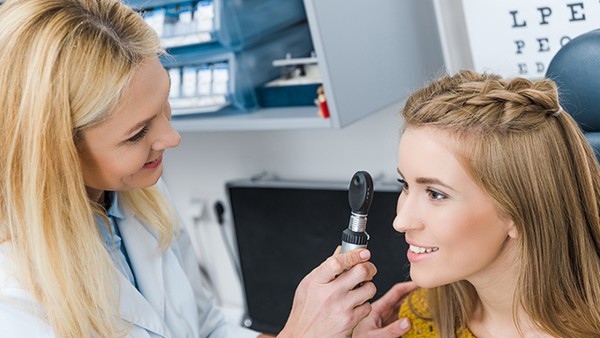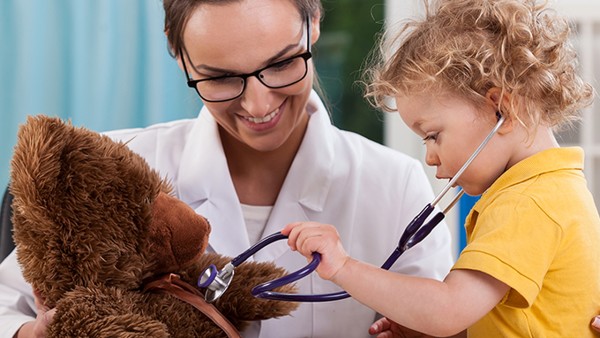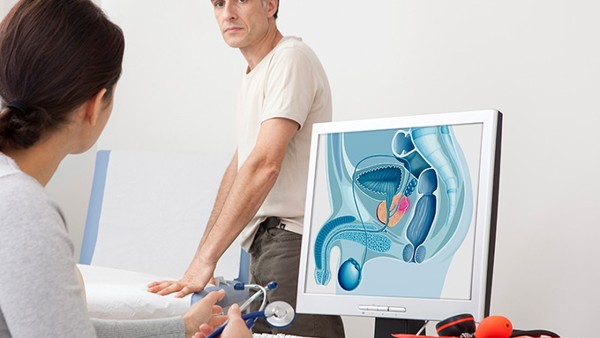How to Improve the Symptoms of Hiccups in Babies

Hiccups are a common occurrence in babies, especially in newborns. While they are usually harmless and will go away on their own within a few minutes, they can be quite bothersome for your little one. If your baby's hiccups are frequent or severe, there are a few things you can do to help improve the symptoms.
What Causes Hiccups in Babies?
Hiccups are caused by a sudden, involuntary contraction of the diaphragm, the muscle that separates the chest from the abdomen. This contraction causes the vocal cords to snap shut, producing the characteristic "hic" sound.
In babies, hiccups are often caused by:
Eating too quickly or taking in too much air while feeding. This can cause the stomach to expand rapidly, which can irritate the diaphragm and trigger hiccups.
Gastroesophageal reflux (GER). This condition occurs when stomach contents back up into the esophagus. The acid in the stomach can irritate the diaphragm and cause hiccups.
Certain medical conditions. In rare cases, hiccups can be a symptom of an underlying medical condition, such as a hiatal hernia or a tumor.
How to Improve the Symptoms of Hiccups in Babies
If your baby's hiccups are frequent or severe, there are a few things you can do to help improve the symptoms.
1. Burp your baby frequently. Burping your baby helps to release any trapped air in the stomach, which can help to prevent hiccups. Burp your baby after each feeding, and more frequently if they are hiccuping.
2. Feed your baby slowly and in an upright position. When you feed your baby too quickly or in a reclining position, they are more likely to take in air along with their milk. This can cause the stomach to expand rapidly and trigger hiccups.
3. Avoid giving your baby carbonated drinks. Carbonated drinks can cause gas and bloating, which can irritate the diaphragm and trigger hiccups.
4. Try a warm bath. A warm bath can help to relax your baby's muscles, including the diaphragm. This can help to stop hiccups.
5. Use a pacifier. Sucking on a pacifier can help to stimulate the vagus nerve, which can help to stop hiccups.
6. Massage your baby's back. Gently massaging your baby's back can help to relax the diaphragm and stop hiccups.
7. Offer your baby a drink of water. If your baby is old enough to drink water, offer them a few sips. This can help to settle their stomach and stop hiccups.
8. Avoid giving your baby over-the-counter hiccup remedies. There are a number of over-the-counter hiccup remedies available, but most of them are not effective and some can be harmful to babies.
When to See a Doctor
If your baby's hiccups are frequent or severe, or if they are accompanied by other symptoms, such as fever, vomiting, or diarrhea, it is important to see a doctor. These could be signs of an underlying medical condition that needs to be treated.
The above is all the content that the editor wants to share with you. I sincerely hope that these contents can bring some help to your life and health, and I also wish that your life will be happier and happier.
Tags: #improve #the #how













